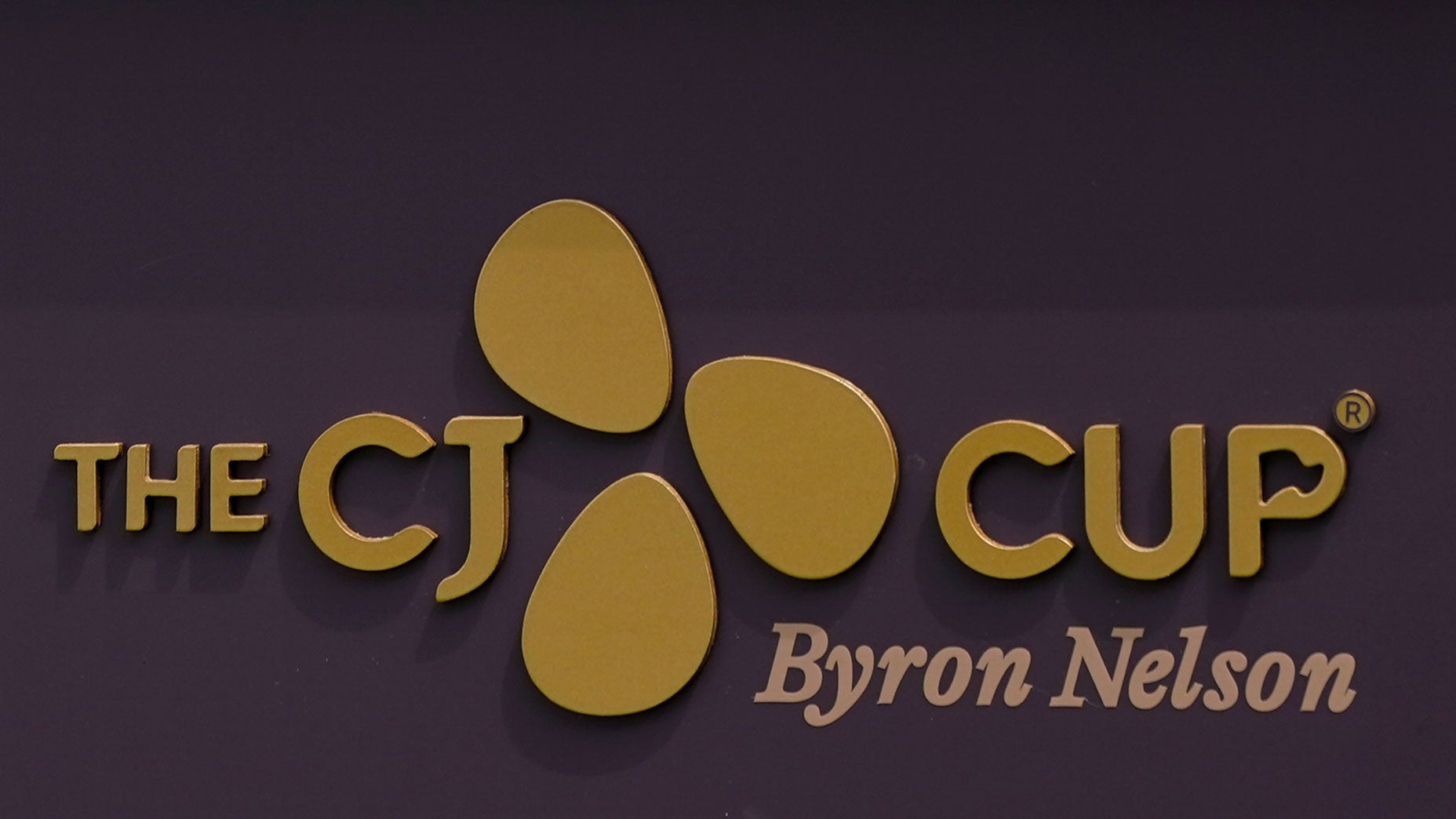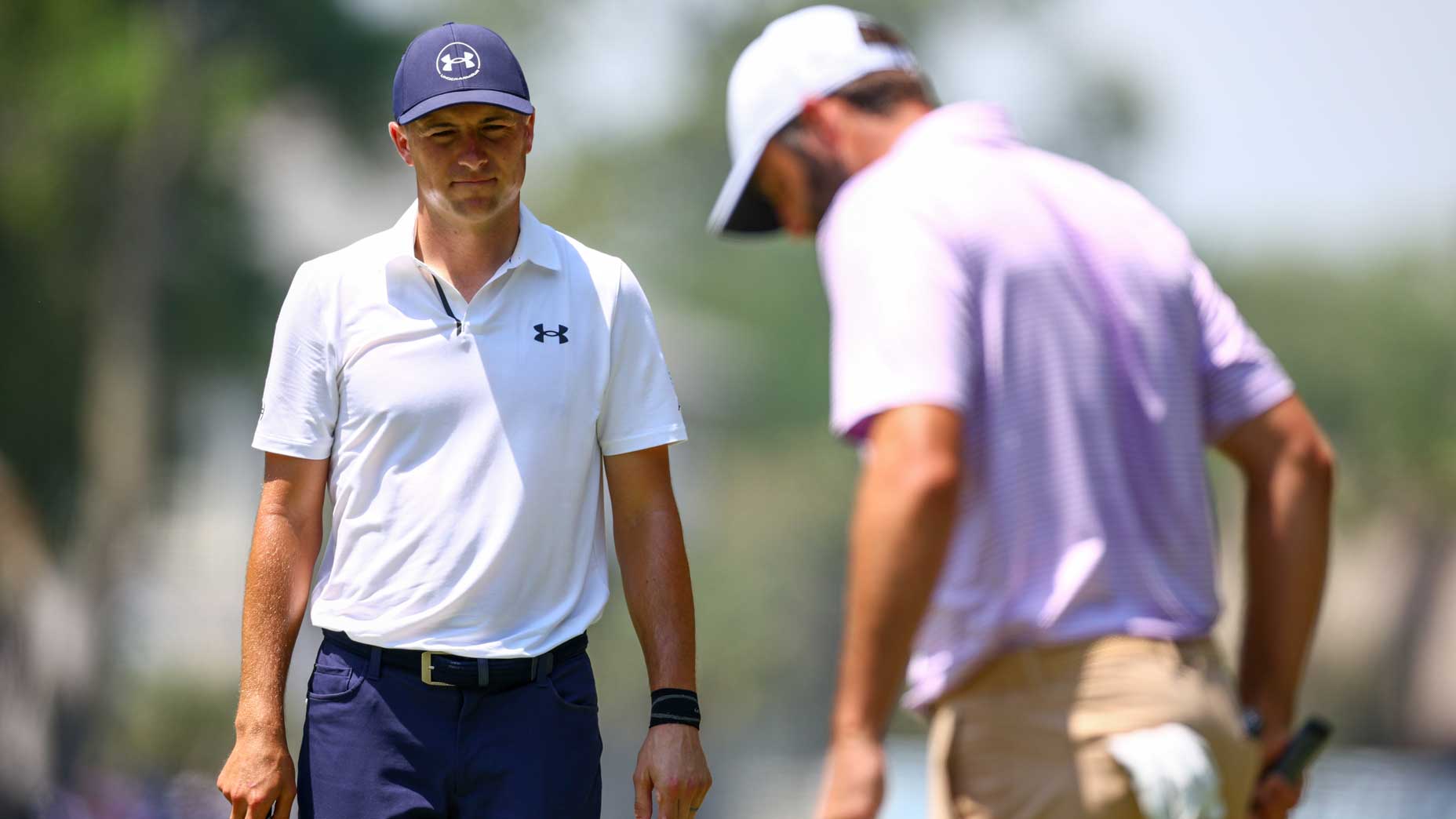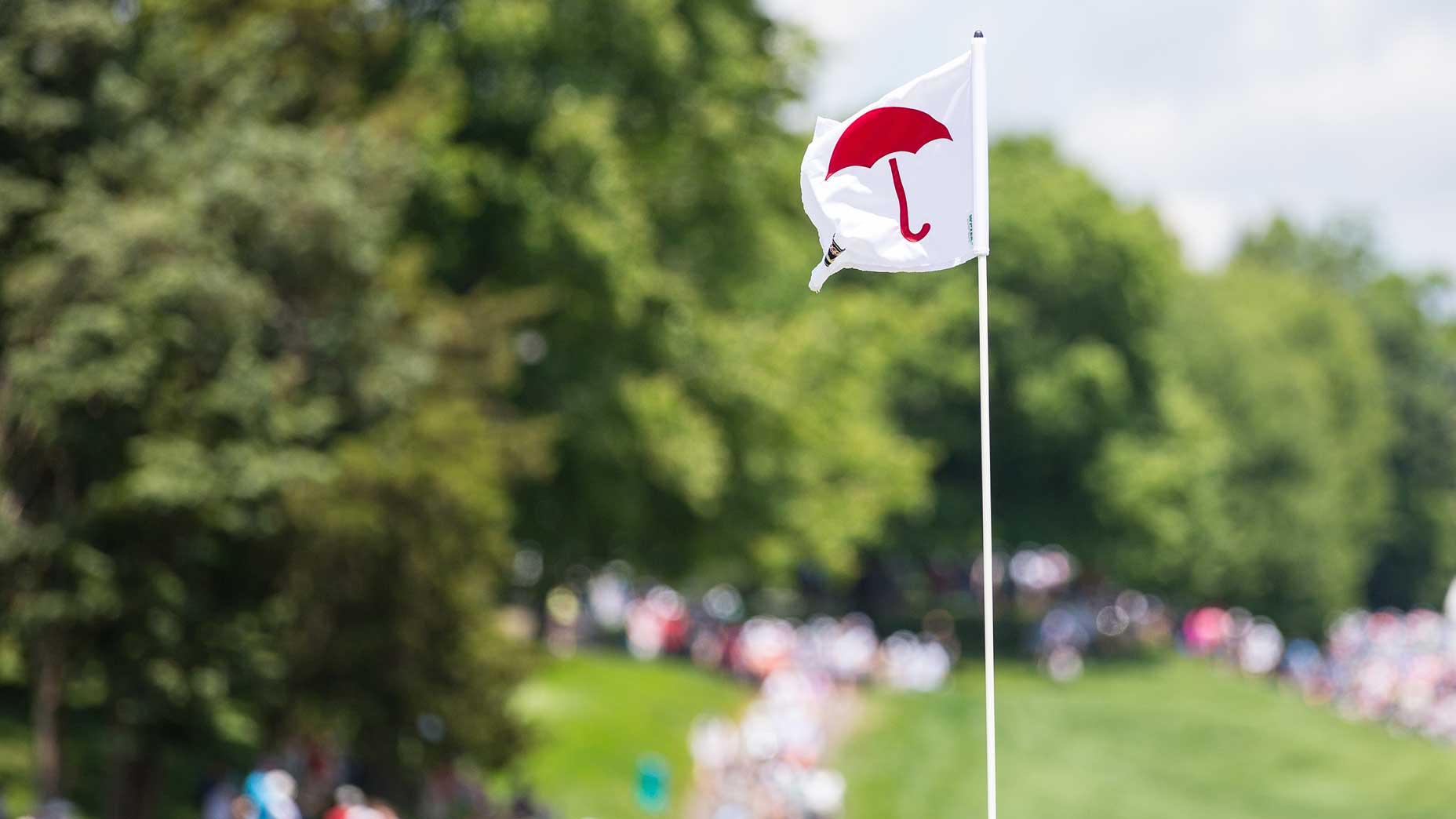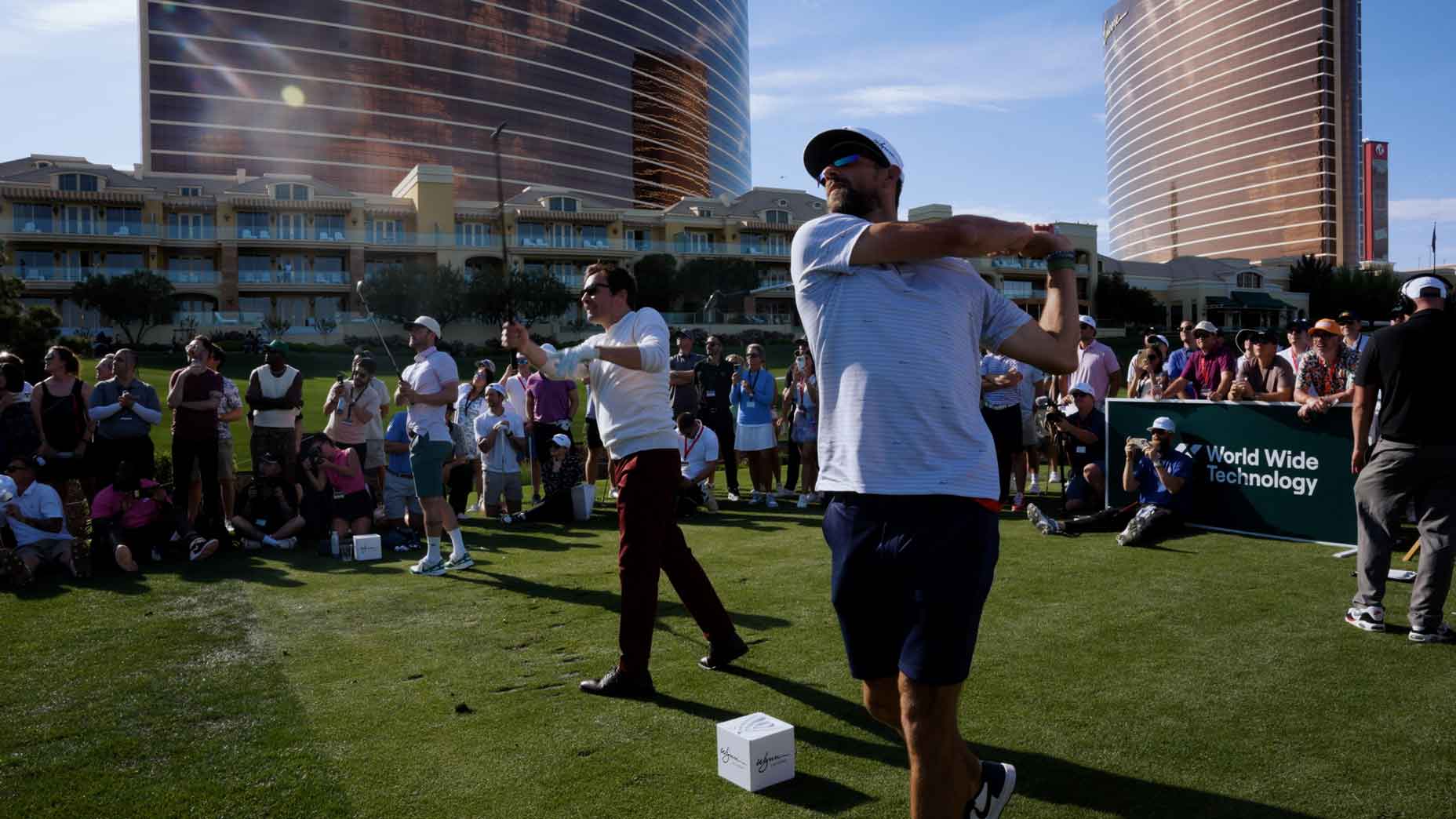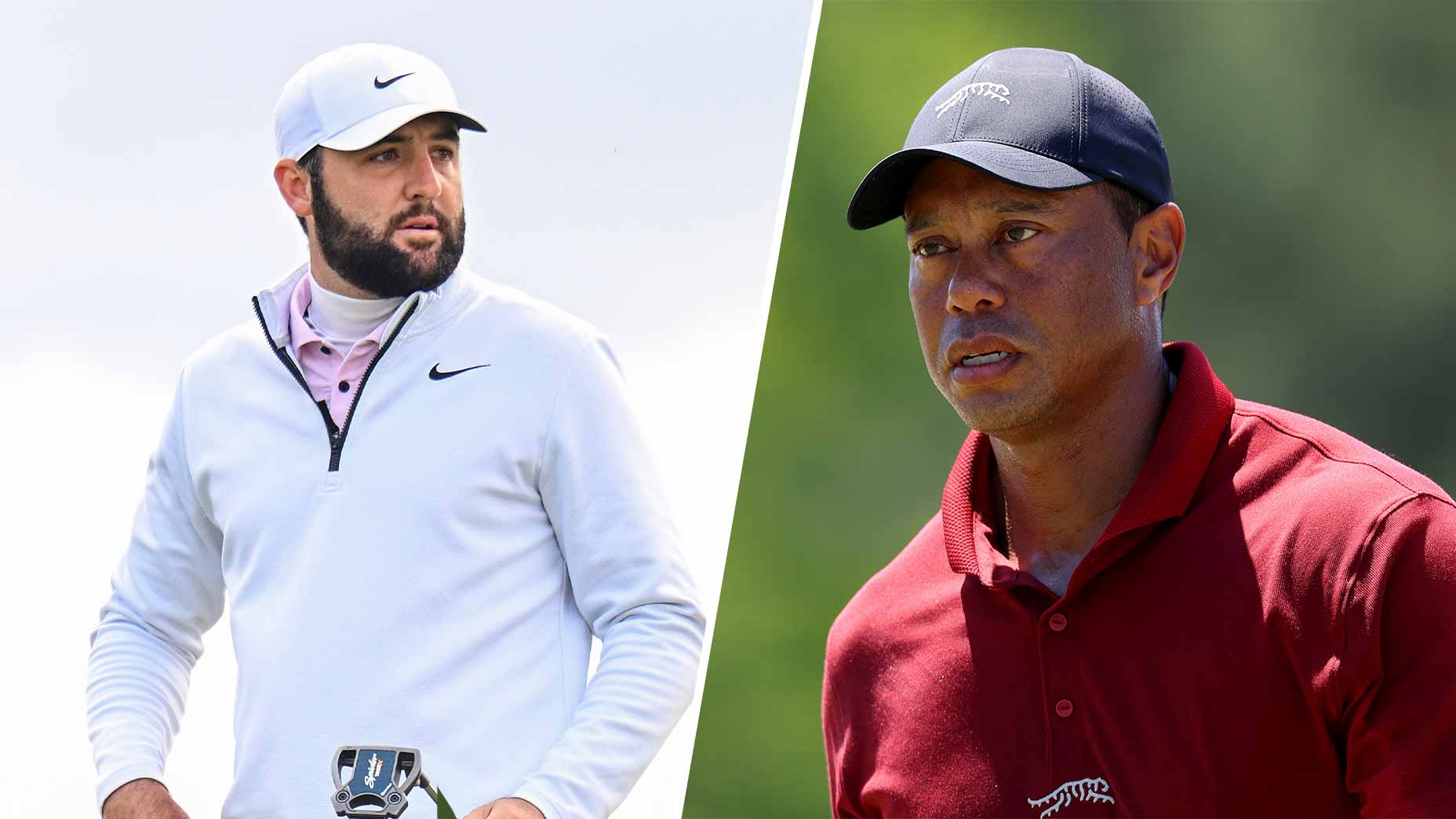I’ll never forget the sound of the guns. Our ships firing on the bluffs above the sand. Their armaments shooting over our heads, back at our boats.
I was 24 years old when I landed at Omaha Beach in Normandy for my first day of combat. I don’t recall being nervous — I was confident in my training. It was June 7, 1944. My regiment, the 175th infantry, was sent in one day after D-Day, and because we were fresh, our job was to relieve the tired units and push deeper into France. We battled through what people now call hedgerows — lines of vegetation that farmers used to separate pastures. Germans planted guns in them. They had this new machine gun called the M42, and it was the scariest weapon we faced. It could fire 1,500 rounds a minute.

On June 17, we were fighting to take a little town called St. Lo when I was hit in the throat by one of those German guns and went down immediately. My best friend was killed that day, and so was my captain. But I was fortunate. I recovered at a hospital in England, returned to my battalion and finished out the war. On V-E Day I was right there in Berlin as the armistice was signed. I felt lucky in more ways than one.
After the war, I studied mechanical engineering and got a supervisor job at a company called Bethlehem Steel. I was able to give my wife, Joyce, and our three kids, Steve, Jeffrey and Amy, a nice, middle-class life. Joyce and I were married for 59 years before she died 11 years ago. Thanks to my job, I started playing golf. All the managers at Bethlehem received a membership to Sparrows Point Country Club, near the Baltimore Beltway. When I retired, I played more. I also finally started thinking and talking about my war experiences. Golf helped with that.
These days I follow a strict golf schedule: I play Tuesdays, Thursdays and Saturdays. Sometimes guys get upset with me because I won’t play two days in a row. But it’s just too hard on me. You see, I’m 99 years old. Here’s one secret to playing a full 18 at my age: I only allow myself one practice swing for every shot. My warm-up is maybe four swings. When you’re 99, you can’t swing a club 400 times a round. It’s just too much. But I practice my short game, and I’m a confident putter. My handicap has never been lower than 18; today it’s 32. I’ve never had a hole-in-one, but I once holed a 5-iron for an eagle. That’s the best shot of my life.
My playing partner that day was my foreman at Bethlehem. Now I play golf with his son — and he wishes he could putt like me. We also have a league, all seniors, and we play for big money. We put up five bucks and play like hell to win back 10 or 12. I putt everything out, and sometimes I break my age. We have fun, but we’re competitive. Hey, we want to win! Then we come in and have lunch, and I take a nap.

How am I still playing at age 99? I’m sure I have good genes. My parents were immigrants, and my mom cooked wholesome foods. We never had McDonald’s. I also have a positive attitude on and off the course. Even in my work, I was one of those guys who showed up ready to go.
Today I live in Cockeysville, Md., just north of Baltimore. I’ve met some great people, including Greg Norman, who have helped me play golf around the world. Last fall I played in Australia and California — and Normandy. That course is near the beach, and you can see some of the old German gun emplacements. I hustled through there nearly 75 years ago under a lot more stress. I’ll be honest: most of us don’t talk much about the war, and for a long time I didn’t either. But now I think it’s important. There aren’t many of us left.
So, thanks to golf, I’m able to share my story and promote my cause, the Greatest Generations Foundation. I never thought I’d appear in GOLF magazine, but I’m very happy to do so. People call us the greatest generation. Well, I think golf is the greatest game.
Golf Logo
How golf helped me to finally talk about my war experiences
SHARE
- Share on Facebook
- Share on Twitter
- Share by Email


